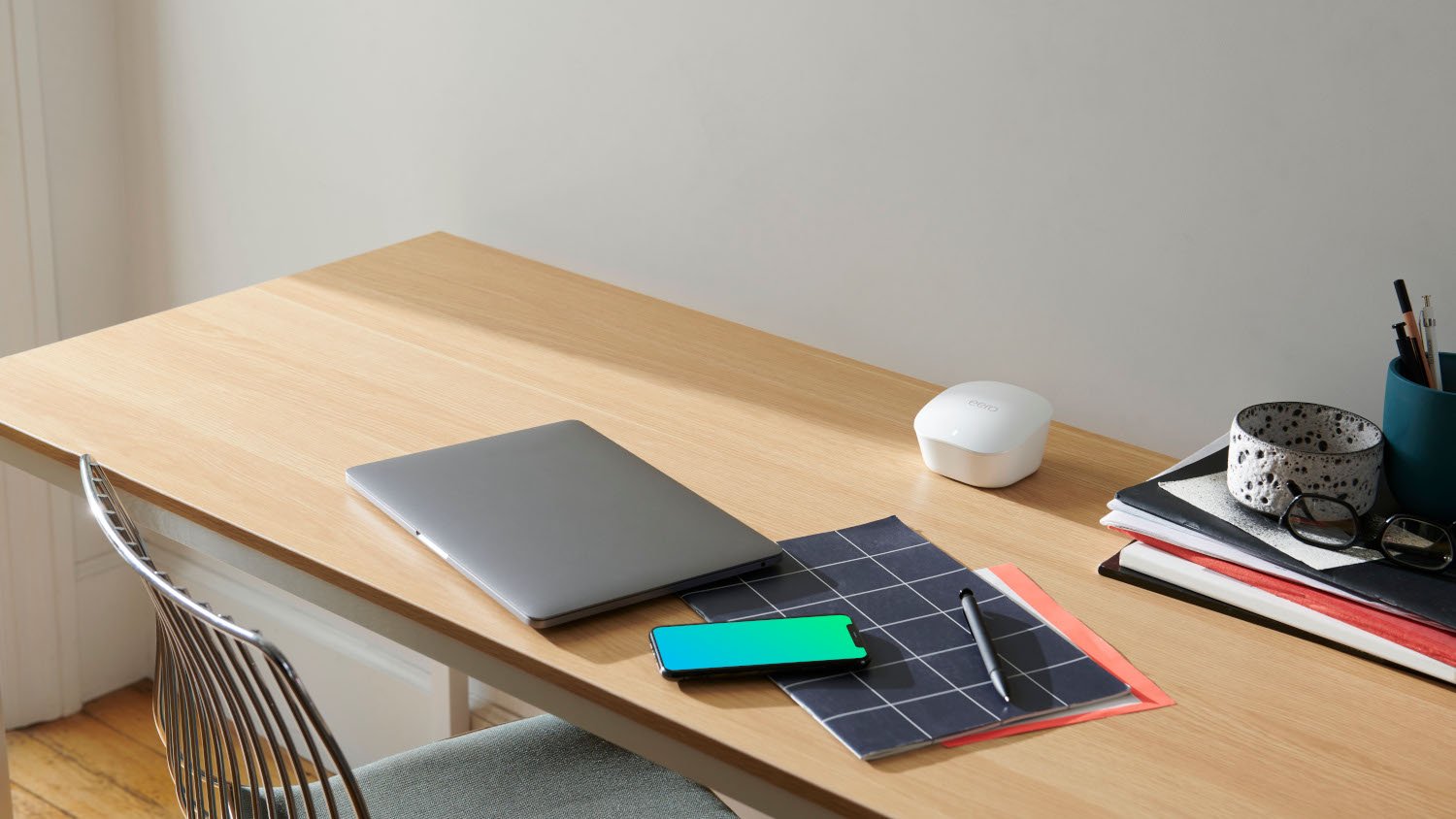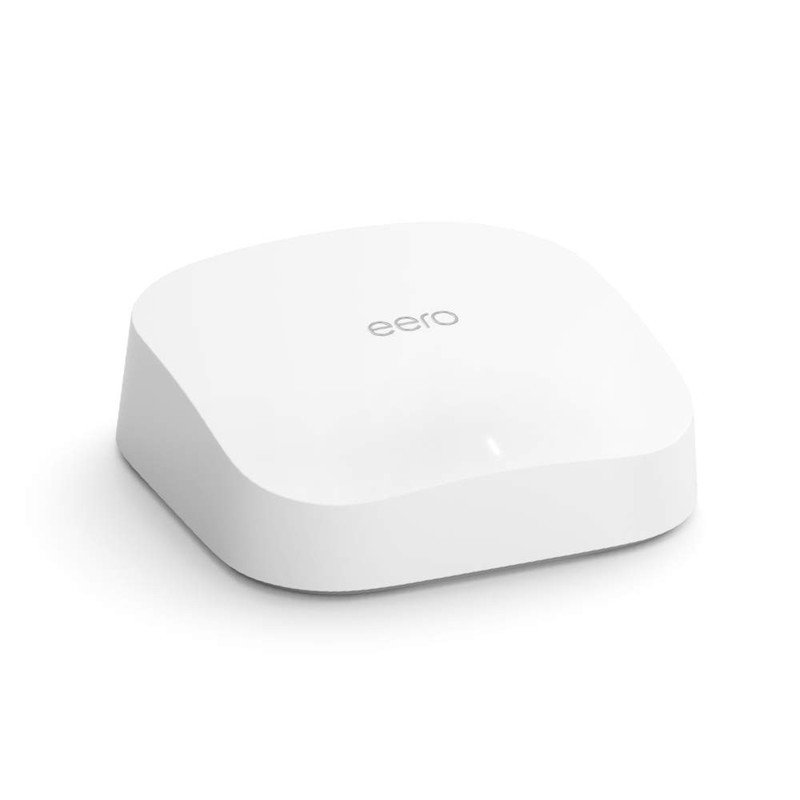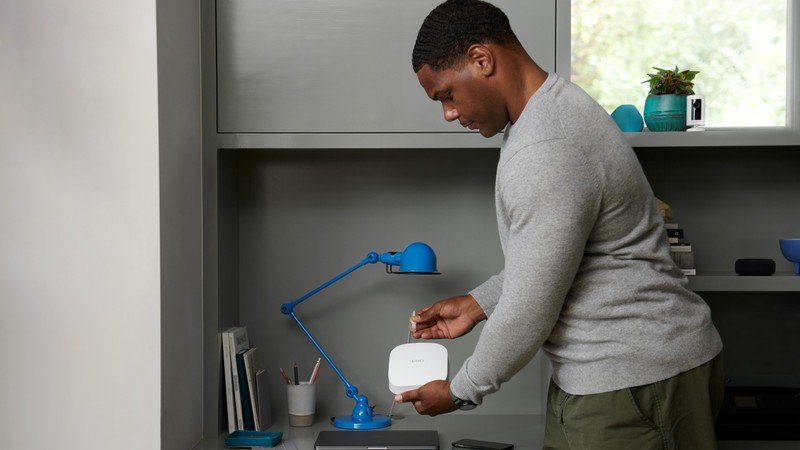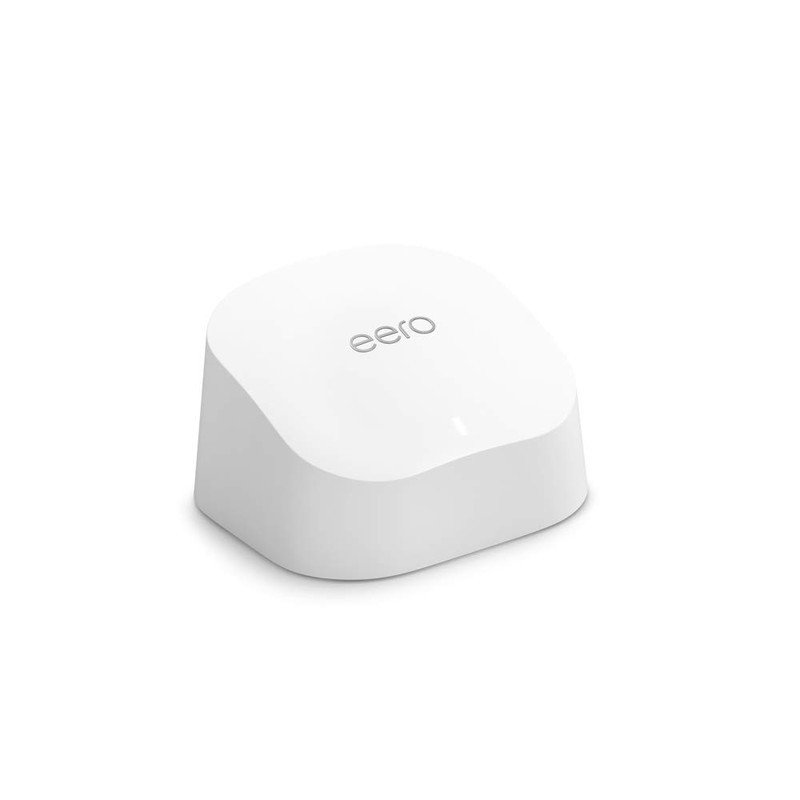Wi-Fi 101: Which is more important, your router or your modem?

There are a number of steps that need to be taken in order to achieve a great internet connection. Setting aside the fact that you need a decent plan from your internet service provider, you'll also need a router, and a modem.
But what's the difference between a router and a modem? And is one more important than the other? Here's everything you need to know about an internet router and a modem.

Everything you need to get an incredible Wi-Fi signal
The Eero Pro 6 brings excellent internet coverage to your home, thanks to its improved range and features like tri-band support. With Wi-Fi 6 the router will allow you to fully take advantage of your internet speed.
What's a modem?
A modem is the first step in getting an internet connection from your internet service provider, or ISP, to your devices so that you can surf the web, browse social media, and so on. Let's dive a little deeper.
The term modem comes from a combination of the words "modulation" and "demodulation." This is a technical term that refers to the translation of the analog signal that was sent to your home through telephone lines at the time, to a digital signal -- and back the other way. These days, technology is a little more sophistacated, and we usually don't use telephone lines for our internet connection anymore, but the term "modem" has still stuck, and it still somewhat applies. Modems still translate analog signals sent from your ISP, into digital signals that your router can understand and manage.
Of course, this connection can take a few different forms. Traditionally, as mentioned, it translated analog signals through a telephone line. Then, DSL was invented, which still used the telephone line, but allowed users to still make calls while surfing the web by using frequencies not used by telephones. Now, we also have cable connections, which are much faster than DSL connections.
Modems can also serve other purposes, such as correcting errors in the transmission, and so on.
What's a router?

That's where the router comes in. Once a signal has been converted from an analog signal to a digital one that all your devices can understand, it still needs to be distributed and managed based on what devices need it. Your modem connects to a port on your router -- and then your devices connect to all the ports, through a wire or wirelessly, on your router.
When it comes to wireless signals, things get a little more complex than wired connections, and this is where a good router can really come in handy. Routers can connect to your devices through a few different frequency bands, including 2.4GHz and 5GHz, and can intelligently determine how much of your bandwidth should be allocated to those devices, and when. Some routers, like the Eero 6, also create what's called "mesh networks," which involves using multiple devices to cover a whole home. And, some even offer security features, like Eero Secure+, which encrypts your internet connection and offers better parental controls.
So...what's more important?
Ultimately, you can't use a router without a modem, and vice versa. Some modems also have routers built into them, meaning you can cut down on the number of devices you need. But you still need both a modem and a router.

Mesh networking features without a high price
The Eero 6 offers many of the same advantages as the Eero Pro 6, including Wi-Fi 6 support, but at a cheaper price. It's even backwards-compatible with previous Eero routers, plus it supports speeds of up to 900Mbps.
Be an expert in 5 minutes
Get the latest news from Android Central, your trusted companion in the world of Android

